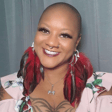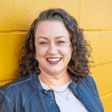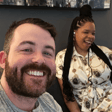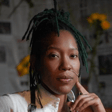
Intentional Financial Planning in the LGBTQIA+ Community with The Debt Free Guys
SUMMARY
In this episode of Dirty Money with Bevin and Mike, Mike is hosting solo to bring you a conversation with John and David, the dynamic duo behind The Debt Free Guys. Having spent years in financial services while grappling with their own financial turmoil, John and David know firsthand the struggle of living beyond their means. Despite their professional knowledge, they found themselves $51k in debt. Their journey to financial freedom not only transformed their lives but also ignited a passion to help other Queer individuals achieve the same.
Tune in as Mike, John, and David discuss the unique financial challenges faced by the Queer community. They chat about how traditional financial advice often falls short, emphasizing the importance of addressing both the mathematical and emotional sides of personal finance. From the impacts of community trauma and homelessness to the significance of values-based budgeting, John and David offer practical tips and heartfelt insights.
TOPICS
[01:48] Who are the Debt Free Guys
[16:10] Why Queer Money is Important
[25:10] Queer City Series
[28:35] A Little Intention Goes a Long Way
[40:40] Practical Tips
[54:45] Values Based Budgeting
[62:55] Final Thoughts
RESOURCES & LINKS
Connect with The Debt Free Guys
Instagram: @debtfreeguys
Podcast: queermoneypodcast.com
Website: Living happy, health, and wealthy - Debt Free Guys™
CONTACT INFO
Bevin Morgan:
Instagram: @bevinmorgan & @temple_eanna
Website: www.templeeanna.com & BevinMorgan.com
Mike Poulin:
Instagram: @mjpou56
Dirty Money Podcast:
Instagram: @dirtymoney_podcast



















